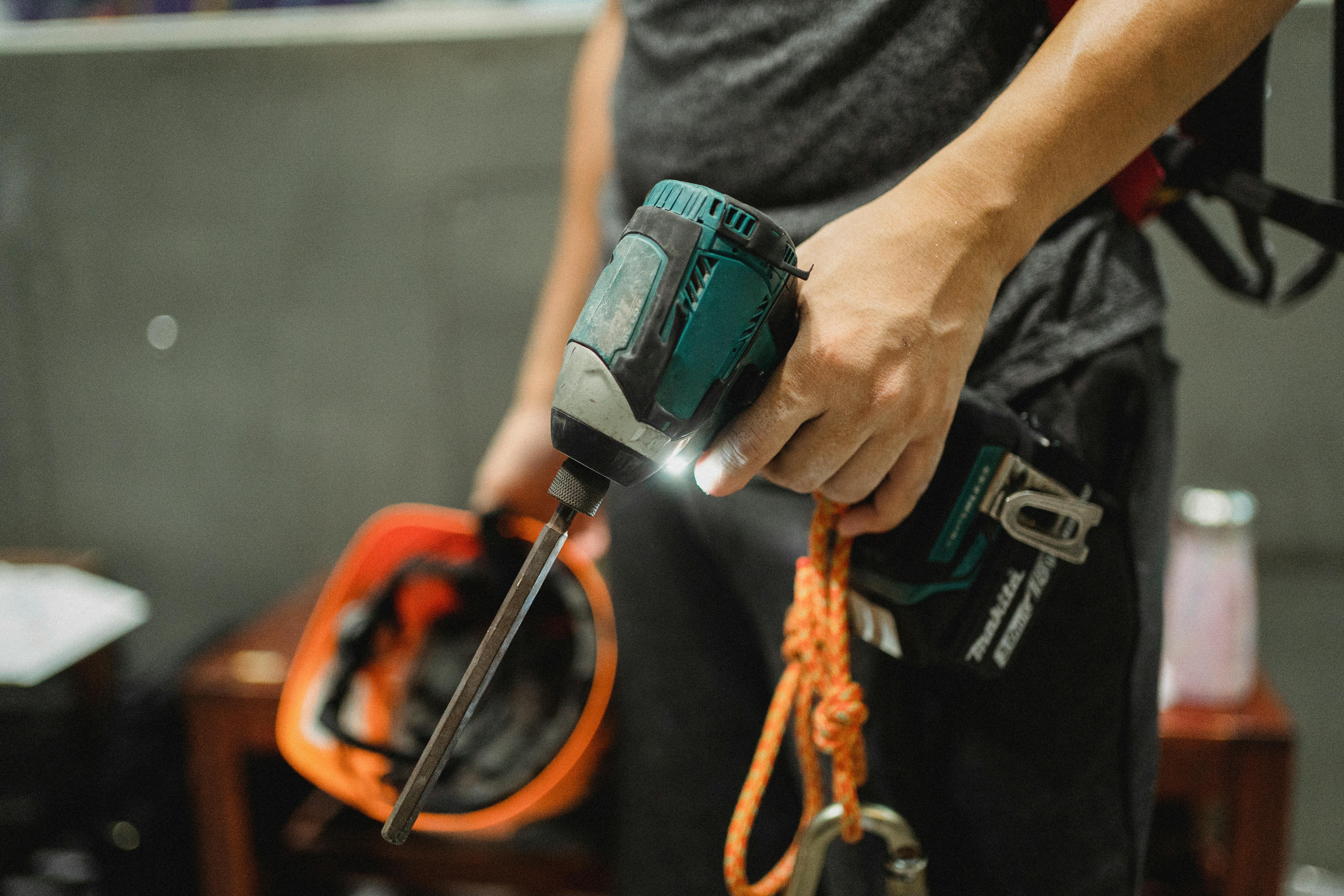Direct Sales Team Vs Distributor – Which is better for an international market?

If you’re looking to expand your sales into new markets, then there’s a big question to ask yourself: do I build a direct sales presence or do I use a distributor? Each method has its advantages and disadvantages, but we are going to present a strong case for using one method over the other in almost all cases.
What is the difference between direct sales and distributors?
A direct sales presence means that your business establishes, manages, and pays for a sales team of one or more people in your target market.
A third-party agent is any entity that will sell your product for a service fee. An example is a sales representative, who sells his product in exchange for a percentage of the sale. A distributor is similar to a representative, except that he would buy products from your company and sell them directly to the end customer.
Is direct sales better?
For most companies expanding into new markets, especially international markets, hiring a distributor is a better decision, at least until there is enough market return to justify building a direct sales presence.
Sure, there is a great advantage in having direct sales presence control. Control over the daily activities of your sales staff is attractive to most business owners. But this control comes at a high price. To get started, you’ll need to spend time hiring someone in that market, then training them, and then outfitting them with sales and management supplies, if not office space and equipment. These costs are prohibitive for most small businesses looking to expand internationally.
And there are even more costs that we haven’t mentioned yet. Each market has its own unique laws, cultures, and customs that are essential to master if your business is to establish a successful sales presence. Japan is a classic example of a market with unique legal structures and business customs that, if not followed, are guaranteed to fail any sales effort. It’s hard to pin down an exact dollar value for this apprenticeship, but ask yourself this: Can you afford to set up, manage, and pay a sales force in a foreign country for at least a year while they learn the ropes and generate no income?
What about a dealer? Is a distributor for new markets better?
Distributors are a profitable means of successfully entering a new market. Here are just some of the reasons:
- No overhead: Unlike running your own sales team, a distributor will take care of recruiting, managing, paying, and optimizing your channel. You’re just borrowing their distribution, while they take care of the maintenance.
- Established Channel with Local Knowledge: A good distributor will already know all the laws and customs of the market they are entering. You don’t need to reinvent the wheel, you can use someone who already has valuable local knowledge.
- Understand Market Pricing and Buying Power – Along with knowledge of laws and customs comes knowledge of the most successful ways to price and market your product locally.
- Profitable – Since you won’t be paying for the old items, dealer relationships are much more within reach for a small business trying to break into a new market.
Using a dealer also has some drawbacks, but they can be minimized by building a good relationship with a dealer.
- Not your own people: You won’t be able to directly manage every step of the process. While it may make you nervous to lose some control over the sales process, you can manage the risk by building a transparent relationship with your dealer with constant updates and feedback from both ends.
- The distributor has a lot of products to represent – you may not be the distributor’s top priority at any given time, and you want to make sure your product isn’t relegated to the back of the queue. Again, a well-established relationship with constant contact will ensure that your product receives the attention it deserves.
- It’s not a “turnkey” solution: you can’t just give the distributor your products and expect success. You will have to manage the relationship. This takes time, but is still less expensive than trying to set up a direct sales team from scratch.
So what do I do next?
If you’re not convinced that a distributor would be better for your organization than establishing a direct sales team, seek the help of a consultant who has experience establishing a presence in new markets. A consultant can use his experience to analyze your opportunity and recommend the best course of action.
Before choosing a dealer, you should know…
Choosing the wrong dealer will set you up for failure. The wrong distributor will simply not generate sales and you will have wasted at least a year finding and establishing an unprofitable relationship.
There are certain things to look for in a distributor, and they are different for each market. The best thing to do is find a professional, one with experience in dealer relations, and hire that professional to help you find and identify the right dealer.